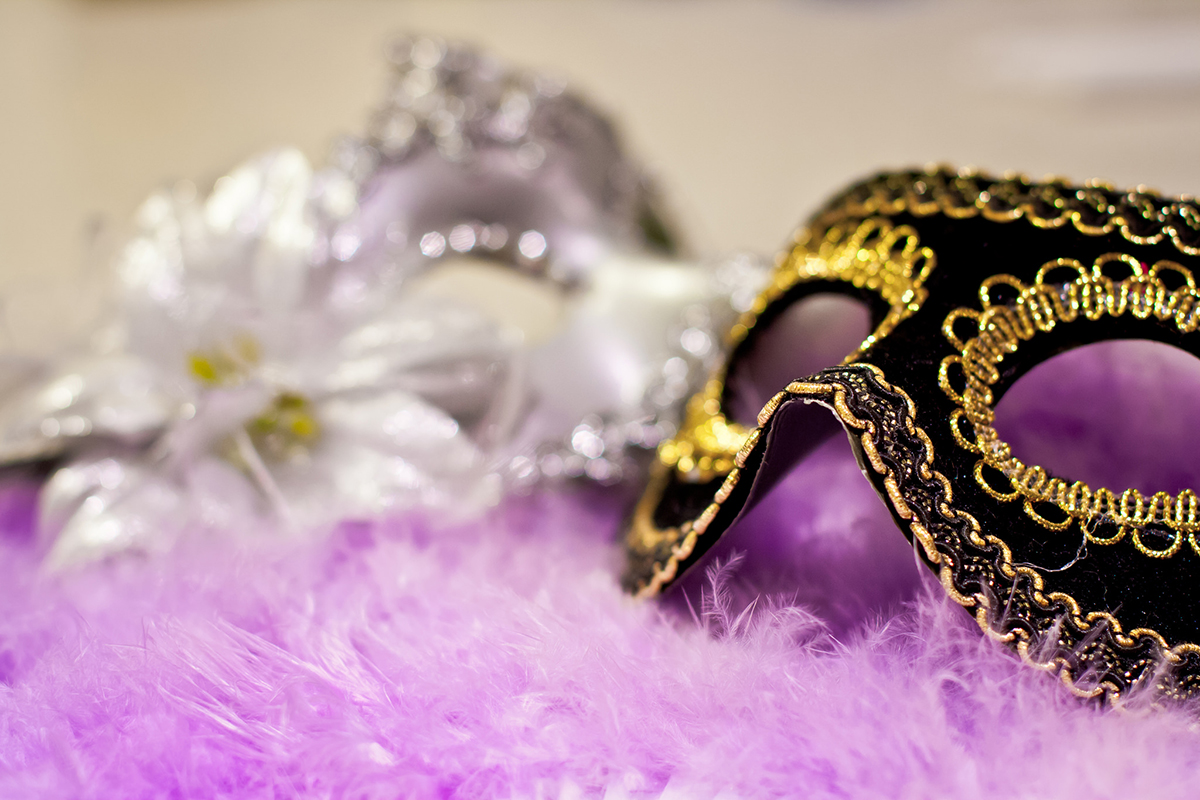Throwback Thursday: When Masked Balls Were Forbidden in Boston

Photo by Natasia Causse on Flickr/Creative Commons
If you slipped a sequin-studded mask over your head at a ball 206 years ago, you’d be breaking the law.
On December 30, 1809, it was deemed illegal to wear masks at balls in Boston. Why? Because masking identities equaled a party filled with unrestricted mingling and manners, to say the least.
While our Puritan-rooted city has a history of sucking the fun out of a lot of things (like when Christmas was outlawed in Boston for 22 years in 1659), the law was not uncommon for the time. As masquerade balls became popular in the colonies, other cities also set out to ban masks. In 1808, masquerades and masked balls were made illegal in Philadelphia. A passage from Sex among the Rabble: An Intimate History of Gender and Power in the Age of Revolution, Philadelphia, 1730-1830 explains, “In Philadelphia, dances were a common meeting place for those interested in sex commerce, and masked balls created anonymity for the participants.”
For this reason, views of masquerades were not often favorable. Anti-masquerade sentiment was already alive and well in England, though, before masked balls spread overseas. Opponents in 18th-century England crusaded against the gatherings that were tarnishing the country’s morals. Writer Samuel Richardson asserted that public masquerades presented frightening possibilities of disguise, role-playing, and sexual freedom for women.
In 1849, Boston’s law masked ball law was extended:
Any person who shall get up and set on foot, or cause to be published, or otherwise aid in getting up and promoting any masked ball, or other public assembly, at which the company wears masks, or other disguises, and to which admission is obtained upon payment of money, or the delivery of any valuable thing, or by any ticket or voucher obtained for money, or any valuable thing, shall be punished by a fine not exceeding five hundred dollars; and for repetition of the offence, by imprisonment in the common jail or house of correction, not exceeding one year.
But on April Fools’ Day in 1963, the law was repealed. Bostonians have freely gathered in masked glory since.


